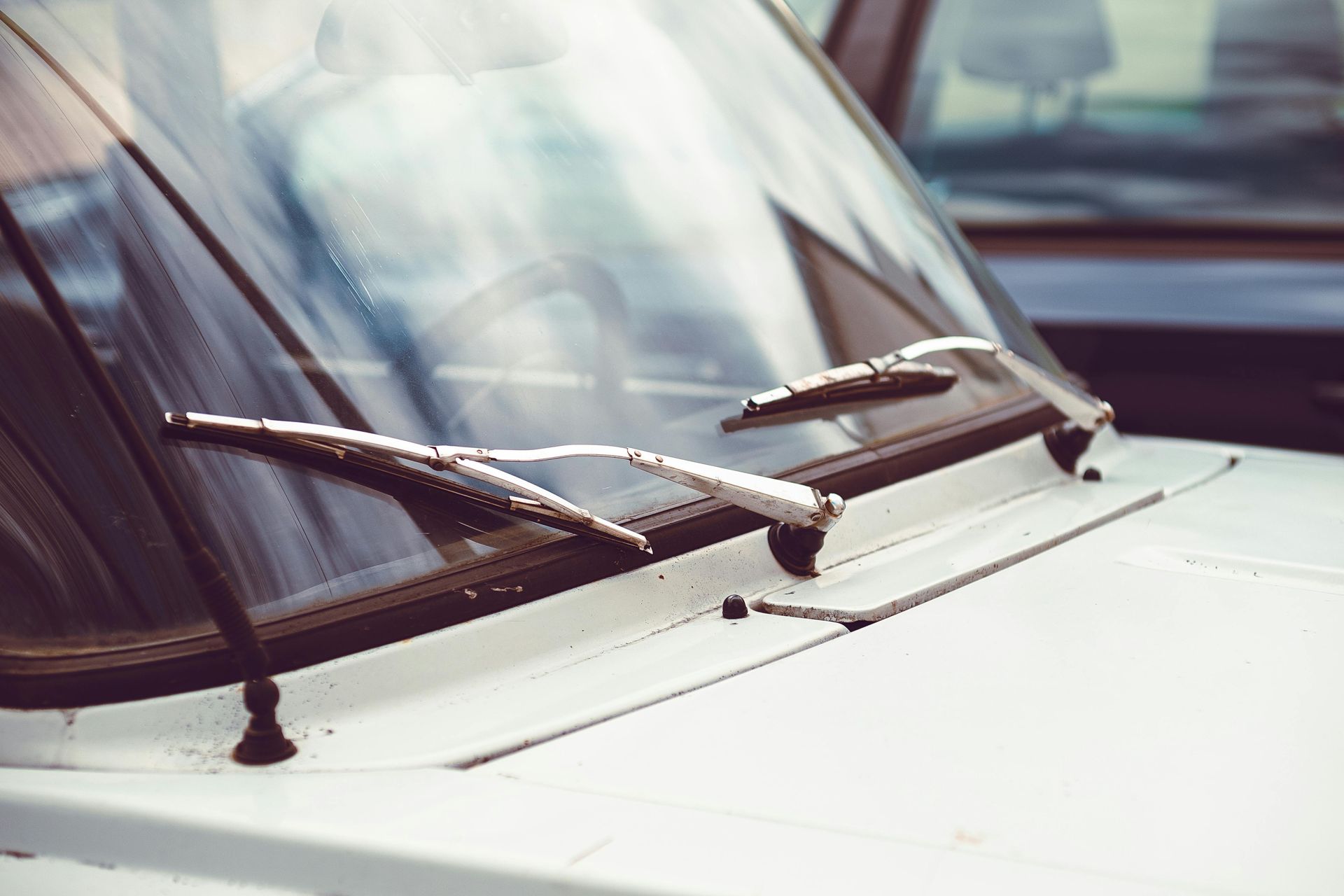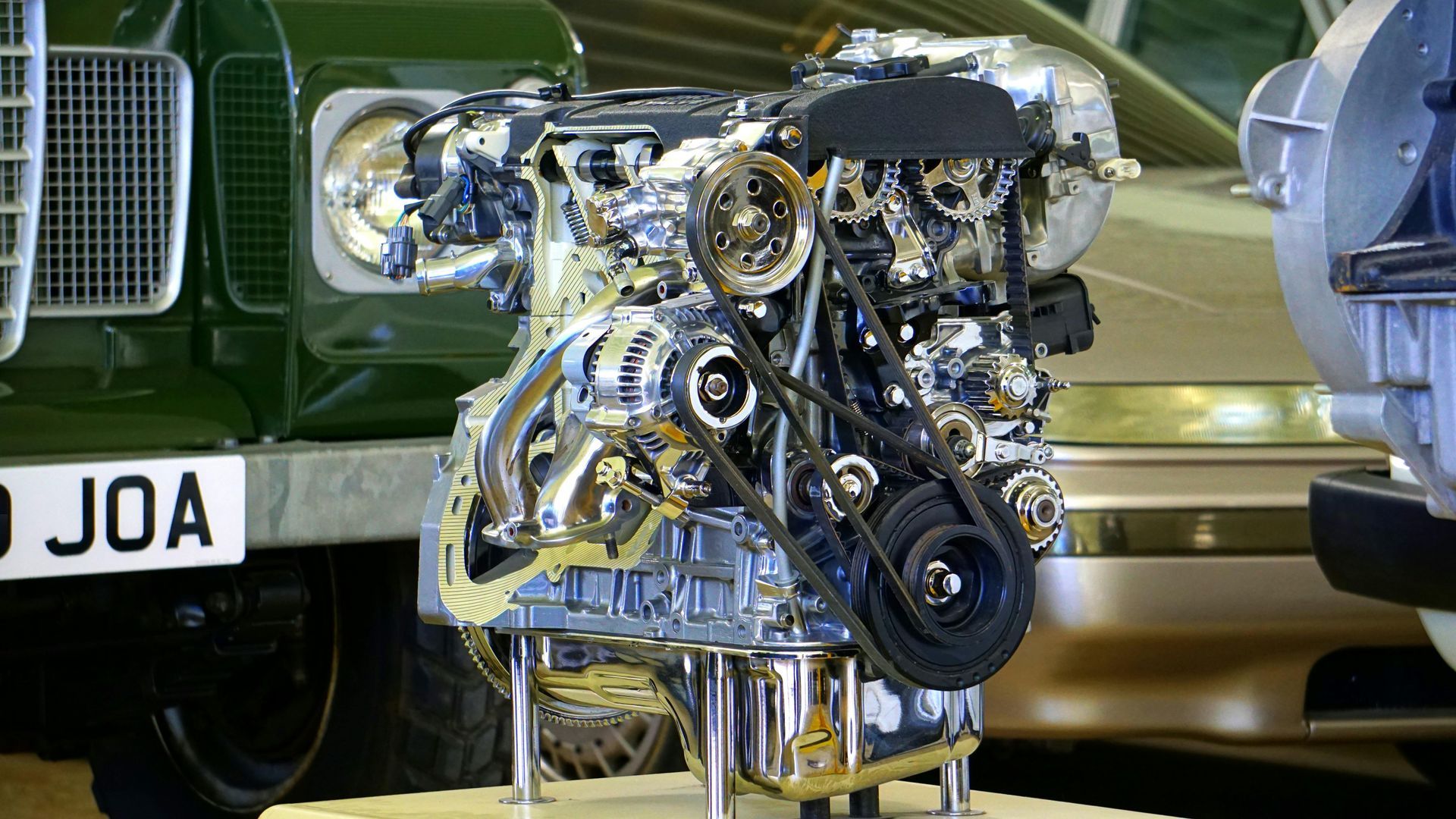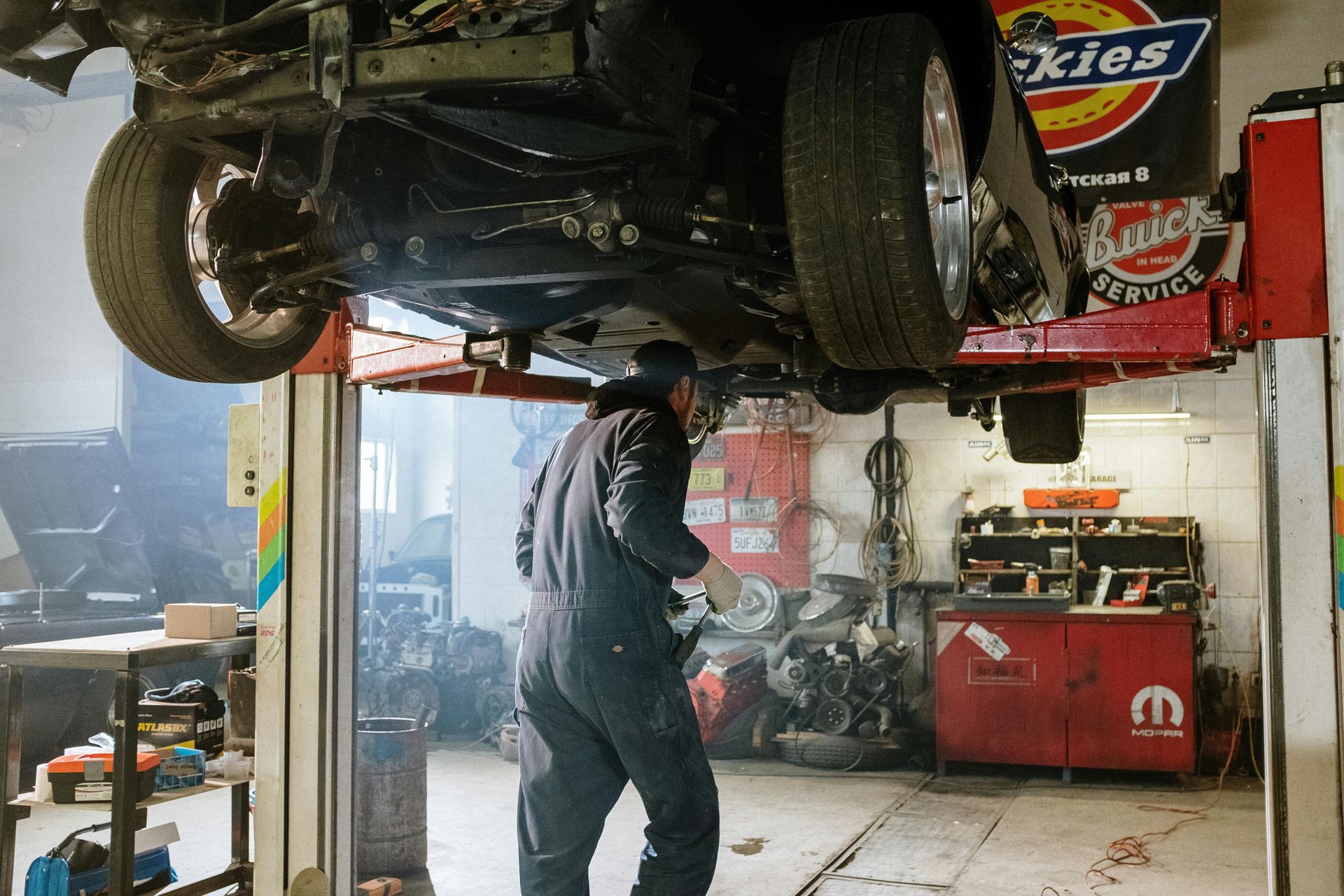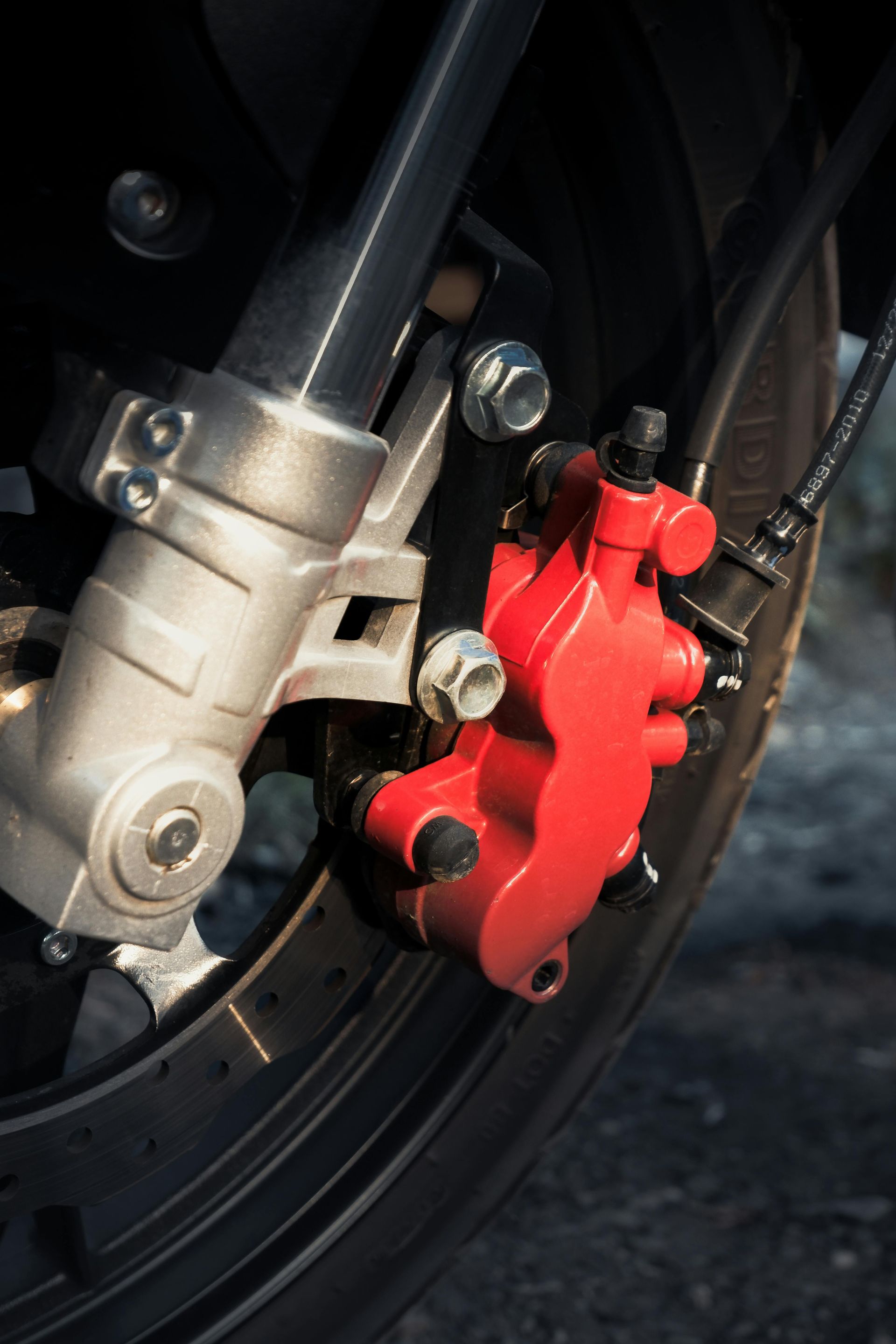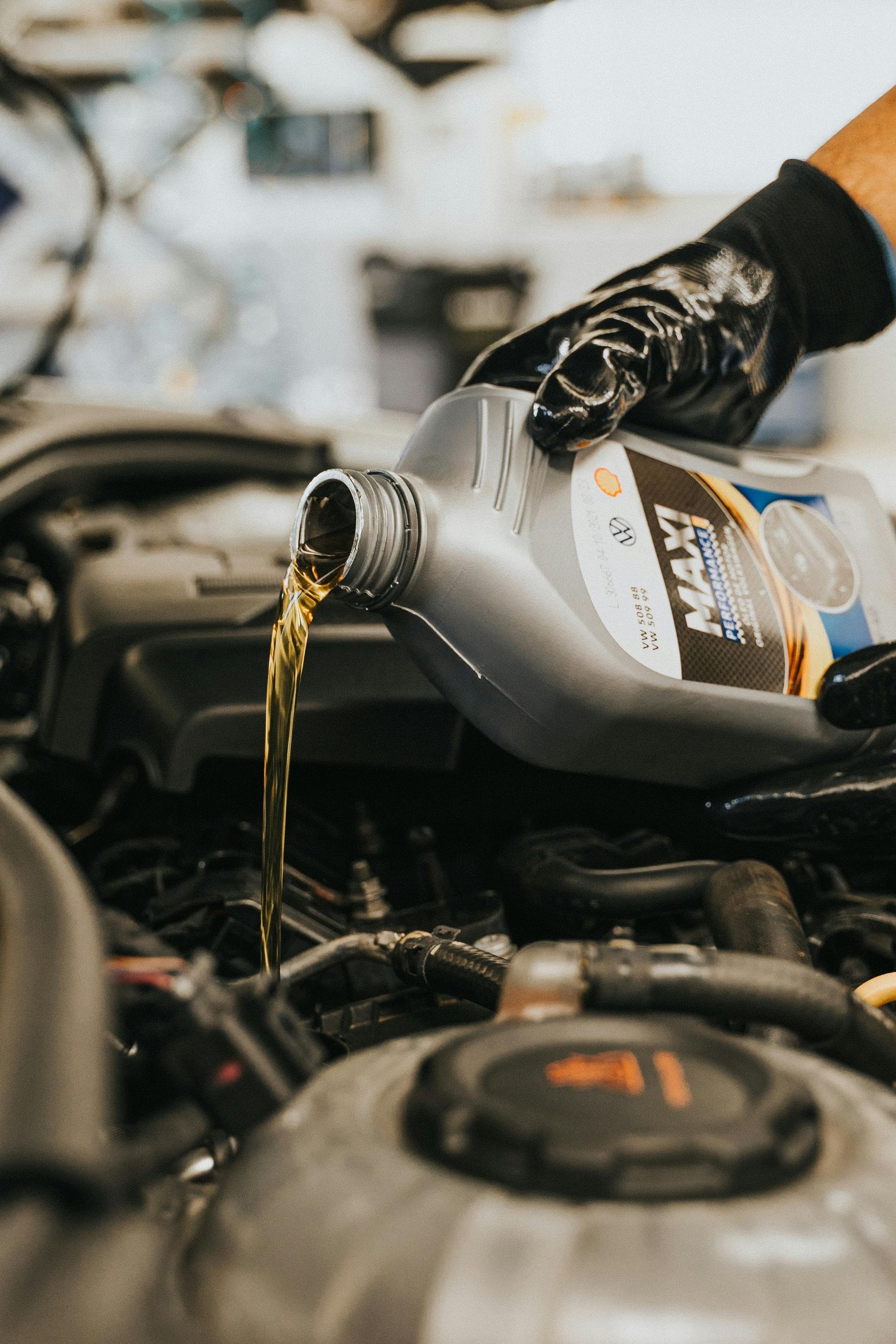How to Extend the Lifespan of Your Car Suspension System in Houston?
In the vibrant city of Houston, where cars are an integral part of daily life, the condition of your vehicle’s suspension system plays a pivotal role in ensuring a smooth and comfortable ride.
Suspension systems act like the backbones of your vehicles, and you cannot take that for granted because it can lead to some fatal road accidents.
Negotiating Houston’s diverse road conditions requires a suspension system that’s up to the task. The suspension system of your vehicle should be strong enough to ensure your car’s suspension can handle the challenges posed by the city’s terrain and climate. It’s imperative to provide timely car suspension services in Houston, TX.
In this comprehensive guide, we’ll delve into the intricate world of car suspension systems, delve into the consequences of neglecting suspension maintenance, offer invaluable tips for extending the life of your car’s suspension, and address some common questions that arise.
What are Suspension Systems?
Before we dive into the realm of maintenance, it’s essential to comprehend the core components of your car’s suspension system. So, let’s just start it from scratch and see what a suspension system means and how it works.
The suspension system functions as an intricate web of parts working harmoniously to provide stability, handling, and comfort during your journeys.
This intricate system includes springs, shock absorbers, struts, control arms, and more.
When your car traverses rough terrain or uneven roads, the suspension system absorbs shocks and impacts, ensuring that your wheels maintain consistent contact with the road surface. That sounds impressive
What are the Consequences of Neglecting Suspension Maintenance?
The repercussions of ignoring proper suspension maintenance can be far-reaching. It is not safe at all to drive with damaged suspension systems. It is therefore required to get it repaired on time.
There is a list of consequences that you can face due to delaying the suspension maintenance services of your vehicle.
Diminished Control and Handling
A worn-out suspension system can rob you of the control you need to safely navigate the city’s twists and turns, particularly during sudden manoeuvres. That is the reason why you should get timely car suspension services in Houston, TX.
Uneven Tire Wear
Neglecting suspension maintenance can lead to uneven weight distribution on your tires. This can result in certain tires wearing out faster than others, necessitating premature replacements. You can get quality brake repair services from Carmotive Total Auto Care if you belong to Houston, TX.
Rough and Unpleasant Rides
A properly functioning suspension system ensures a smooth and comfortable ride by absorbing vibrations and shocks. Neglecting maintenance services can lead to uncomfortable and bumpy journeys.
Extended Braking Distances
A deteriorated suspension system can compromise the tire’s contact with the road, leading to longer braking distances and potentially dangerous situations.
Jeopardised Safety
Ultimately, a disregarded suspension system can jeopardise your safety. Reduced control and unpredictable vehicle behaviour increase the likelihood of accidents.
Before heading on a road trip, you should make sure to get diagnostic services and other repair services if needed to avoid any mishaps on the go.
Tips for Sustaining Your Car’s Suspension System
With an understanding of the consequences of neglect, let’s explore actionable tips to elongate the lifespan of your car’s suspension system. In addition to getting timely car suspension services, there are a few more things you can adopt to make sure your suspension system is protected.
Routine Assessments
Regularly schedule comprehensive assessments with a certified mechanic. Early detection of issues can prevent costly repairs and ensure optimal performance. Regular diagnostic services can help you in early detection.
Vigilance for Wear
Stay alert for indicators of wear, such as uneven tire wear patterns, fluid leaks around struts or shock absorbers, and unusual noises when driving over bumps.
Drive Prudently
Houston’s roads can be demanding, but you can mitigate the impact on your suspension system by driving cautiously. Avoid abrupt bumps, potholes, and curbs when feasible.
Alignment Maintenance
Proper wheel alignment is pivotal to suspension health. Misaligned wheels can lead to uneven tire wear and strain on suspension components. Regular tire alignment services in Houston, TX, are crucial.
Weight Awareness
Excessive vehicle loads can strain the suspension system. Adhere to weight limits, avoiding overloading your vehicle whenever possible.
Prioritise Quality Components
Opt for high-quality replacement parts when needed. While they might entail a slightly higher upfront cost, their durability and performance often justify the investment. It is important to look for an auto repair shop in Houston, TX, that is well known for providing quality services and repair parts for your vehicles.
Mindful Driving Habits
Aggressive driving habits like abrupt braking and sudden acceleration exert undue stress on the suspension system. Cultivate smoother driving habits to preserve your suspension.
Heed Manufacturer Recommendations
Adhere to the maintenance schedule outlined by your car’s manufacturer. It provides guidance on when specific suspension components require inspection, servicing, or replacement.
Consider Customization
If you frequently encounter challenging terrains or aspire to enhance your vehicle’s performance, contemplate upgrading your suspension system with components tailored to your needs.
Wrapping Up
Your car’s suspension system stands as more than just an assortment of parts; it’s the linchpin ensuring your safety, comfort, and command over Houston’s dynamic roads. Armed with insights into suspension operation, an awareness of the implications of neglect, and a repertoire of practical maintenance guidelines, you possess the means to significantly extend your car’s suspension lifespan.
Timely car suspension services aren’t just a luxury—it’s the gateway to a safer, more enjoyable journey across Houston’s bustling urban landscape. As you navigate the city’s diverse roads, you’ll do so with confidence, knowing your vehicle’s suspension is primed to conquer whatever lies ahead.
In case you are looking for quality suspension and steering services or any other sort of auto repair service for your vehicles, you can visit Carmotive Total Auto Care today or book an appointment by calling us at 281-495-3777 . Our technicians are highly trained and certified in providing top-notch services.
Frequently Asked Questions
How often should I have my car’s suspension system inspected?
For typical driving conditions, annual inspections are recommended. However, if you frequently traverse rough roads, consider bi-annual check-ups.
Can I continue driving with a compromised suspension?
While driving with a compromised suspension is possible, it’s unsafe. A deteriorated suspension undermines vehicle control and safety. Swift attention to the issue is advisable.
What sets shocks apart from struts?
Shocks and struts contribute to suspension management, but they serve distinct roles. Shocks focus on controlling movement, while struts provide both suspension support and structural integrity.
How can I identify suspension-related problems?
Watch out for signs such as excessive bouncing, uneven tire wear, drifting during steering, and reduced ride comfort. Unusual noises like clunks or squeaks can also indicate suspension issues.
